Meta is pulling support for older handsets in its popular messaging app, meaning WhatsApp won’t work on iPhone 5 and iPhone 5c after December 31.
WhatsApp will no longer be supported on iPhone 5 and iPhone 5C after December 31
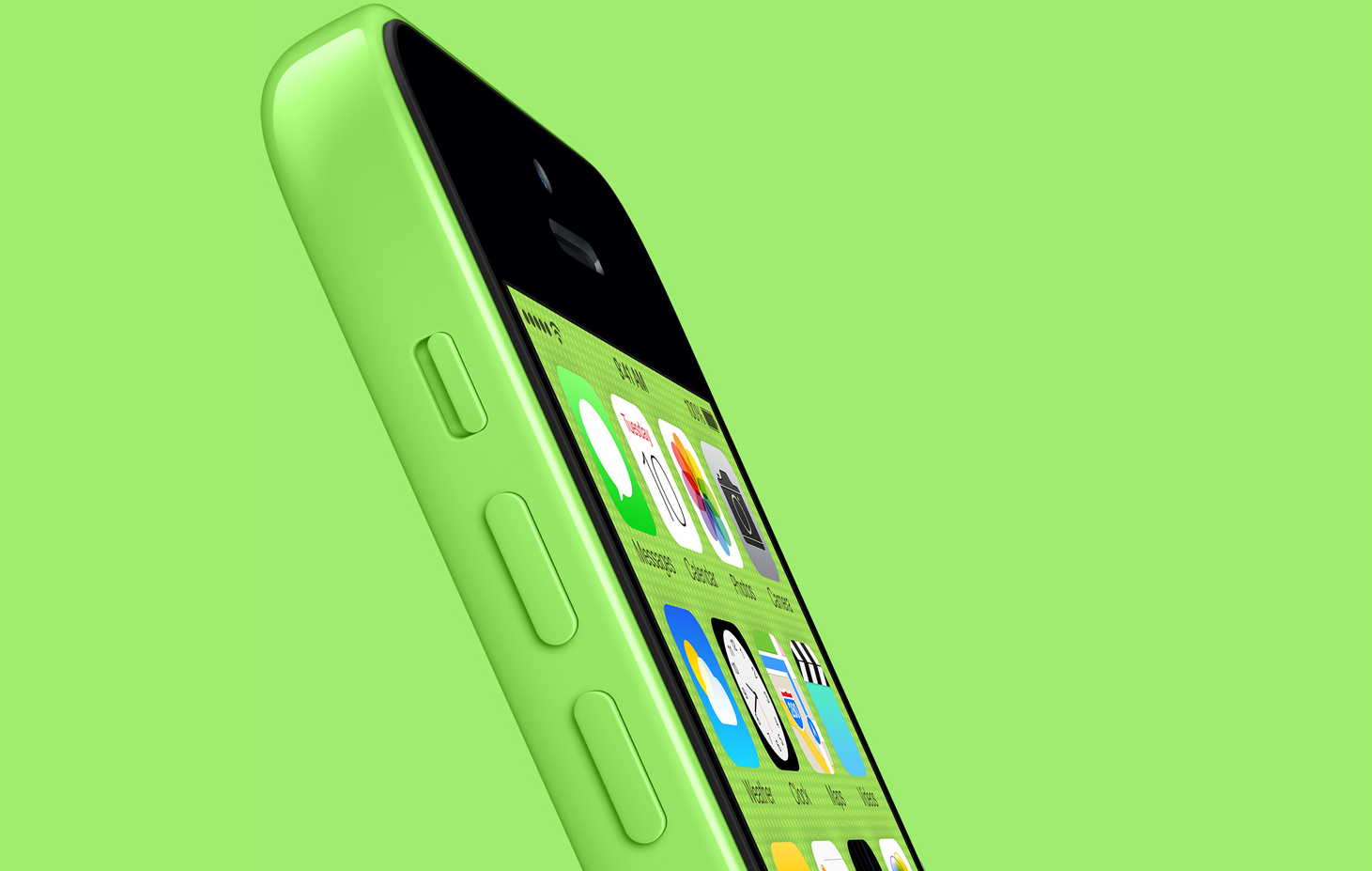

Meta is pulling support for older handsets in its popular messaging app, meaning WhatsApp won’t work on iPhone 5 and iPhone 5c after December 31.
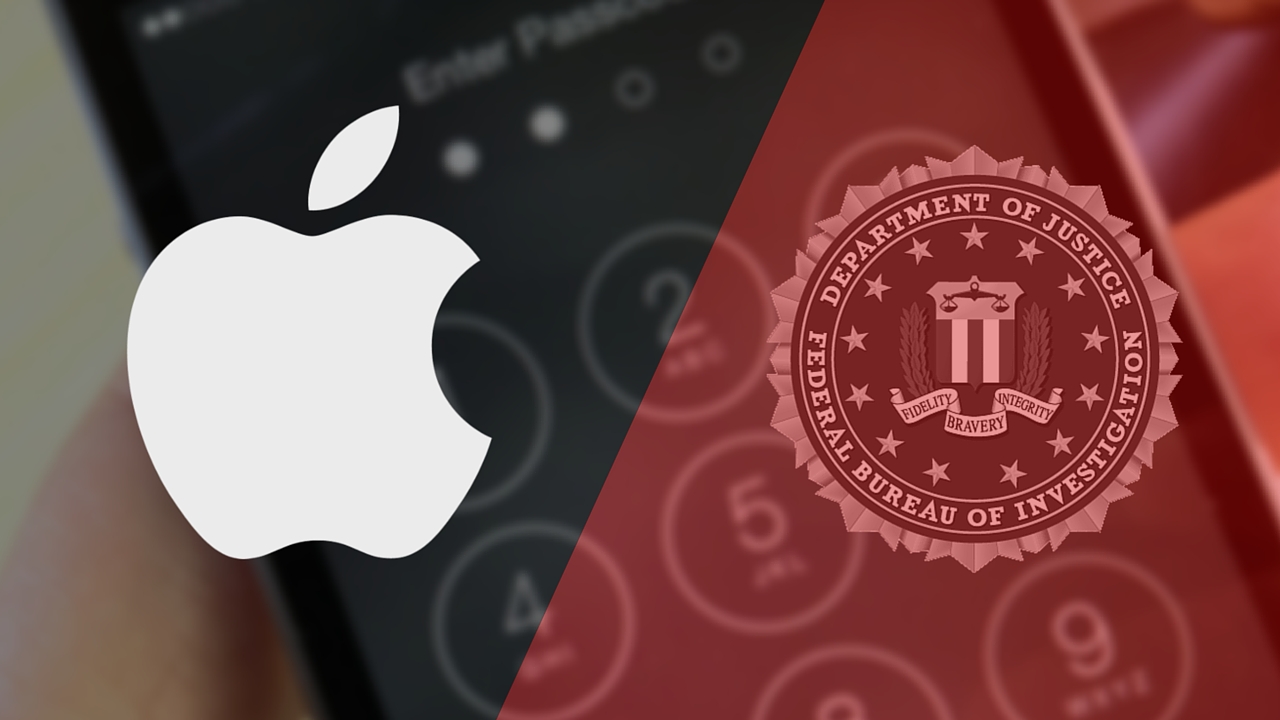
Just how much did the tool to break into the San Bernardino gunman's locked iPhone 5c cost US taxpayers? According to senator Dianne Feinstein, the Federal Bureau of Investigation coughed up a cool $900,000 to purchase the tool from a third-party.
The Associated Press said Monday that the classified information was revealed during a Senate Judiciary Committee oversight hearing, where senator Feinstein was questioning FBI director James Comey.
“I was so struck when San Bernardino happened and you made overtures to allow that device to be opened, and then the FBI had to spend $900,000 to hack it open,” said Feinstein, D-Calif. “And as I subsequently learned of some of the reason for it, there were good reasons to get into that device.”
While the tool's vendor wasn't named, it's been speculated that the FBI bought the software from Israeli digital forensics firm Cellebrite.
Comey called the sum “worth it” even though the FBI itself said it found “nothing of real significance” after gaining access to the device.
https://www.youtube.com/watch?v=PM7X-EUTowY
Subscribe to iDownloadBlog on YouTube
The FBI sought to protect the identity of the vendor it paid to do the work.
The organization considers the exact sum paid for the tool to be classified information, prompting The Associated Press and a few other news organizations to file a public records lawsuit seeking to force the government to publicly reveal both pieces of information.
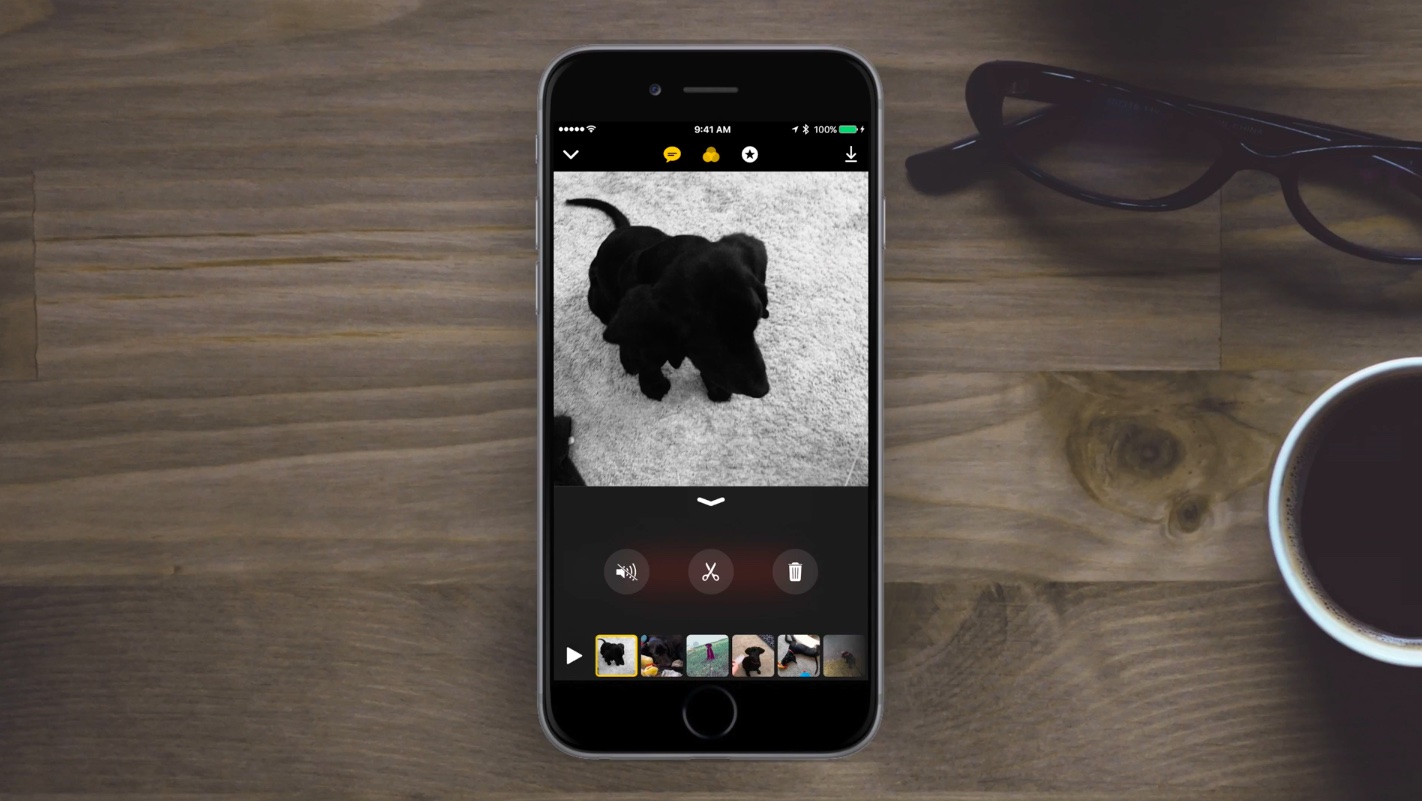
Has Clips, Apple's new video editing app, piqued your interest? If so, good luck downloading it on your iPhone 5/5c or iPad 4. That's because the free of charge video creation app lacks support for 32-bit iOS devices despite requiring the recently-released iOS 10.3, which in itself runs on 32-bit iOS devices.
As first noted by AppleInsider, this could be interpreted as another sign that Apple will stop supporting 32-bit devices when iOS 11 releases later this year.
Apple on Monday issued a minor update to iOS 10.3, which released on March 27, 2017. The new iOS 10.3.1 software update comes with a build number of 14E304 and is recommended for all users. According to release notes accompanying the download, iOS 10.3.1 includes bug fixes and improves the security of your iPhone, iPad or iPod touch. The software update can be downloaded over-the-air via Settings → General → Software Update on your iOS device.
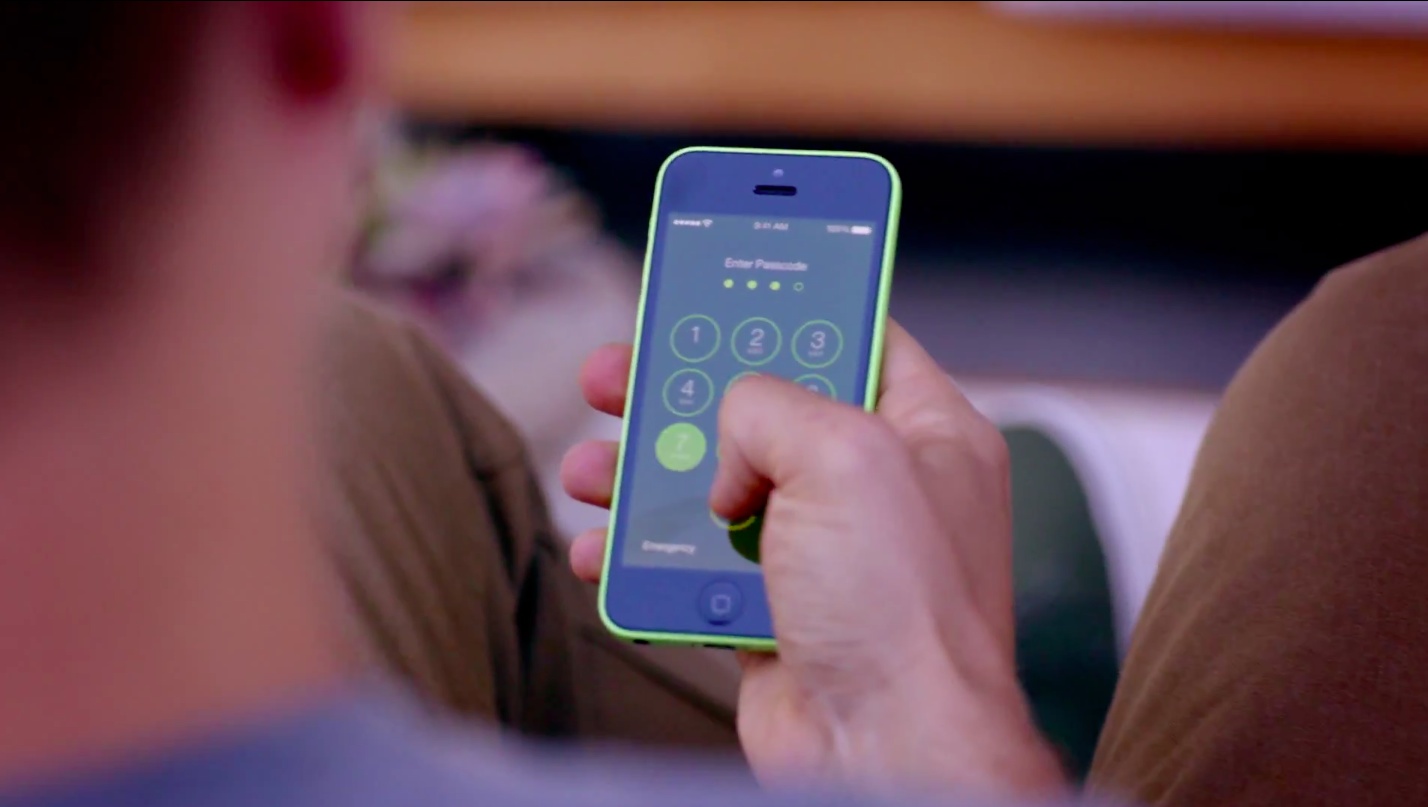
FBI Director James Comey said on Thursday that the agency paid more to break into the San Bernardino shooter's iPhone than he'll make in the remaining 7+ years of his tenure. Reuters crunched the numbers, and that suggests that the FBI paid more than $1.3 million for the hack.
That seems like a lot of money for a tool that doesn't work on the iPhone 5s or newer, but speaking at the Aspen Security Forum in London today, the Director said that he believes it was worth it. And of course the FBI will be able to use the tool in other case involving older iPhones.

James Comey, Director of the Federal Bureau of iPhones—that is, Investigation—confirmed in an interview with CNN yesterday that a tool that the agency had purchased from a third-party to unlock San Bernardino shooter Syed Farook's iPhone 5c cannot be used to bypass security protections on newer models, from the iPhone 5s onward.
This implies the tool relies on the fact that the iPhone 5c and earlier models lack hardware features like the Secure Enclave embedded in Apple's mobile processors (from the iPhone 5s's A7 chip and onward) which keeps encrypted sensitive information and stuff like the number of passcode attempts isolated from the rest of the system.

In time for the new iPhone SE, which lands on store shelves tomorrow, wireless carrier T-Mobile announced a new BOGO (Buy One Get One) promotion that gives qualifying Simple Choice postpaid customers half off any iPhone when they buy a second iPhone and add a line.
Devices eligible for this promotion include all iPhones that the company currently stocks, including the new four-inch iPhone SE, iPhone 6s, iPhone 6s Plus, iPhone 6, iPhone 6 Plus, iPhone 5s and iPhone 5c. Certified pre-owned iPhones are not eligible for this time-limited offer, which goes live on Thursday, March 31.

Not a day goes by without one of Apple's executives reaffirming the company's position on encryption. In a new Spanish-language interview with Univision, Eddy Cue, Apple's Senior Vice President of Internet Software and Services, made the case against the United States Federal Bureau of Investigation (FBI) gaining additional surveillance powers.
Were the government to force Apple to create a version of iOS with decreased security, nothing would prevent it from seeking other concessions, Cue said.
“For example, one day the FBI may want us to open your phone's camera, microphone,” he cautioned. “Those are things we can't do now. But if they can force us to do that, I think that's very bad.”

As a strong proponent of privacy and human rights, it is now wonder that Apple co-founder Steve Wozniak would stand firmly with Apple in its fight against the FBI and the United States government regarding creating a backdoor into the San Bernardino shooter's iPhone.
Appearing on the Conan show last night, the Woz said the FBI “picked the lamest case you ever could”. It's “worthless” to expect something’s on the shooter's iPhone 5c that the FBI wants to break into because Verizon had already turned over all the phone records and SMS messages and law enforcement got iCloud backups form Apple.
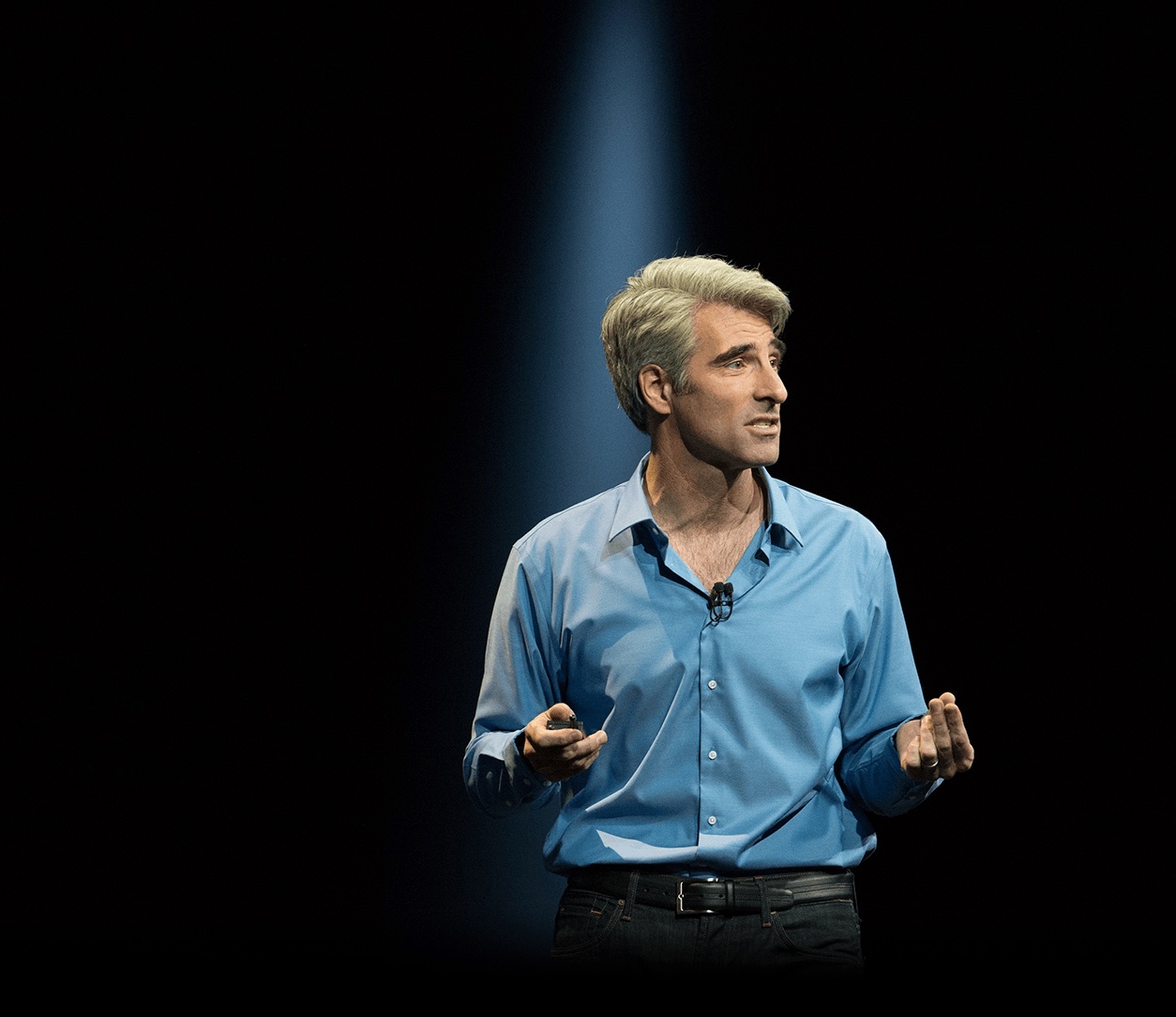
Craig Federighi, Apple's Senior Vice President of Software Engineering who oversees the development of iOS, OS X and Apple's common operating system engineering team, has written an op-ed piece in The Washington Post in which he reiterates Apple's position that the FBI's demand that Apple create a version of iOS with decreased security would be “a serious mistake,” saying the FBI wants to “turn back the clock to a less-secure time”.
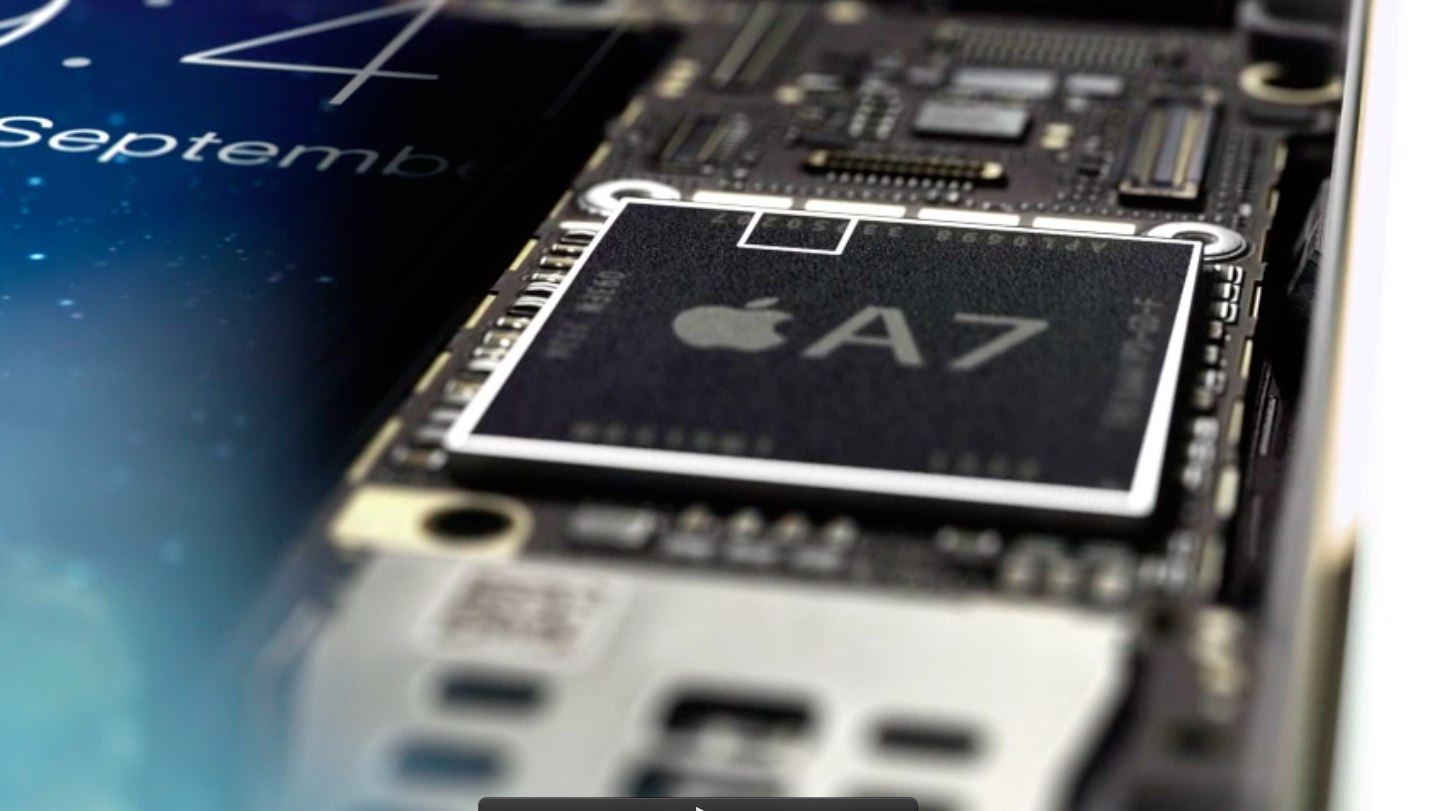
The world's most powerful government has locked horns with the world's most powerful corporation in a battle that Apple implies has the potential to affect civil rights for a generation. As you know, the Justice Department gave Apple until February 26 to respond to its court order.
In it, the government is asking Apple's engineers to create a special version of iOS that would allow brute-force passcode attacks on the shooter's phone electronically.
Now, some people have suggested that the government's experts could make an exact copy of the phone's flash memory to brute-force its way into encrypted data on a powerful computer without needing to guess the passcode on the phone or demand that Apple create a version of iOS that'd remove passcode entry restrictions.
While this is technically feasible, the so-called de-capping method would be painstakingly slow and extremely risky, here's why.
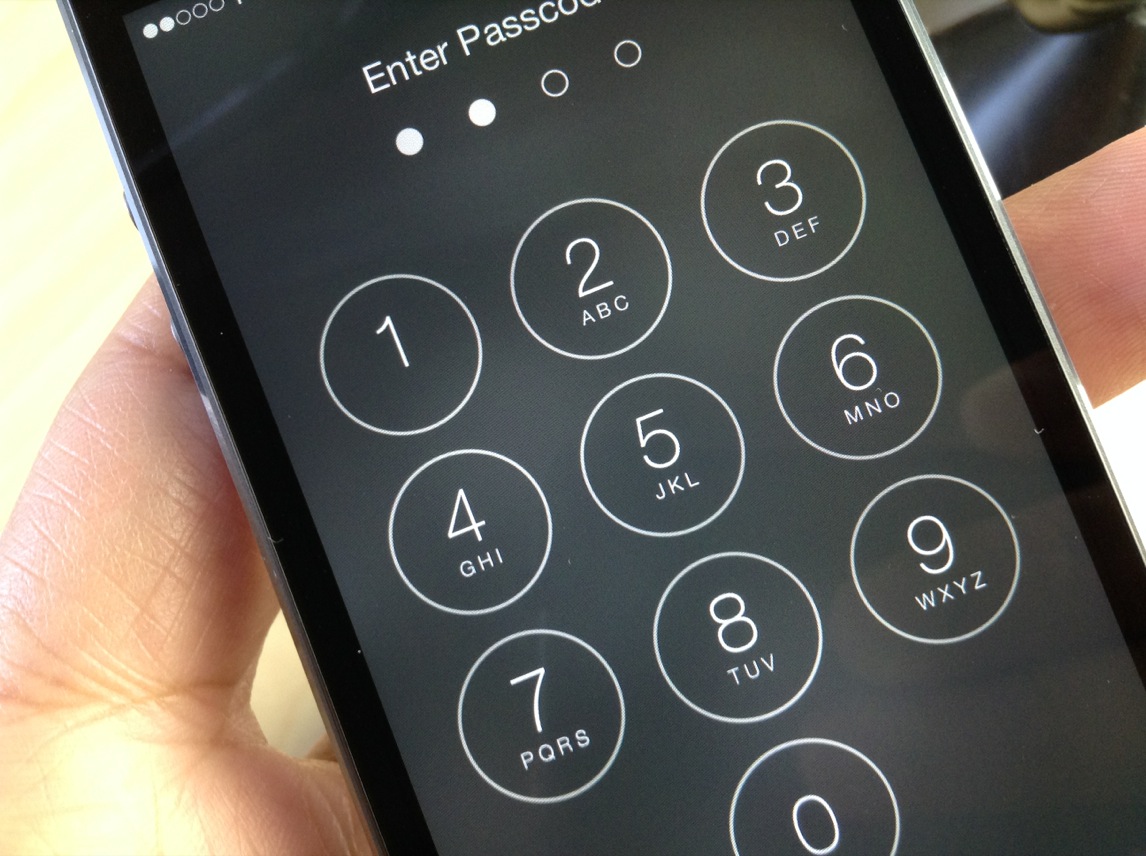
Lawyers representing families of the victims of the San Bernardino shooting massacre plan to file a legal brief in support of the United States Department of Justice's demand that Apple help unlock the shooter's iPhone 5c by creating a one-off version of iOS to permit brute-force attacks electronically, without the phone slowing down the process or erasing its contents after 10 failed attempts.
According to Reuters, Stephen Larson, a former federal judge who is now in private practice and represents families of the victims, was contacted a week ago by the Justice Department and local prosecutors about representing the victims, prior to the dispute becoming public.